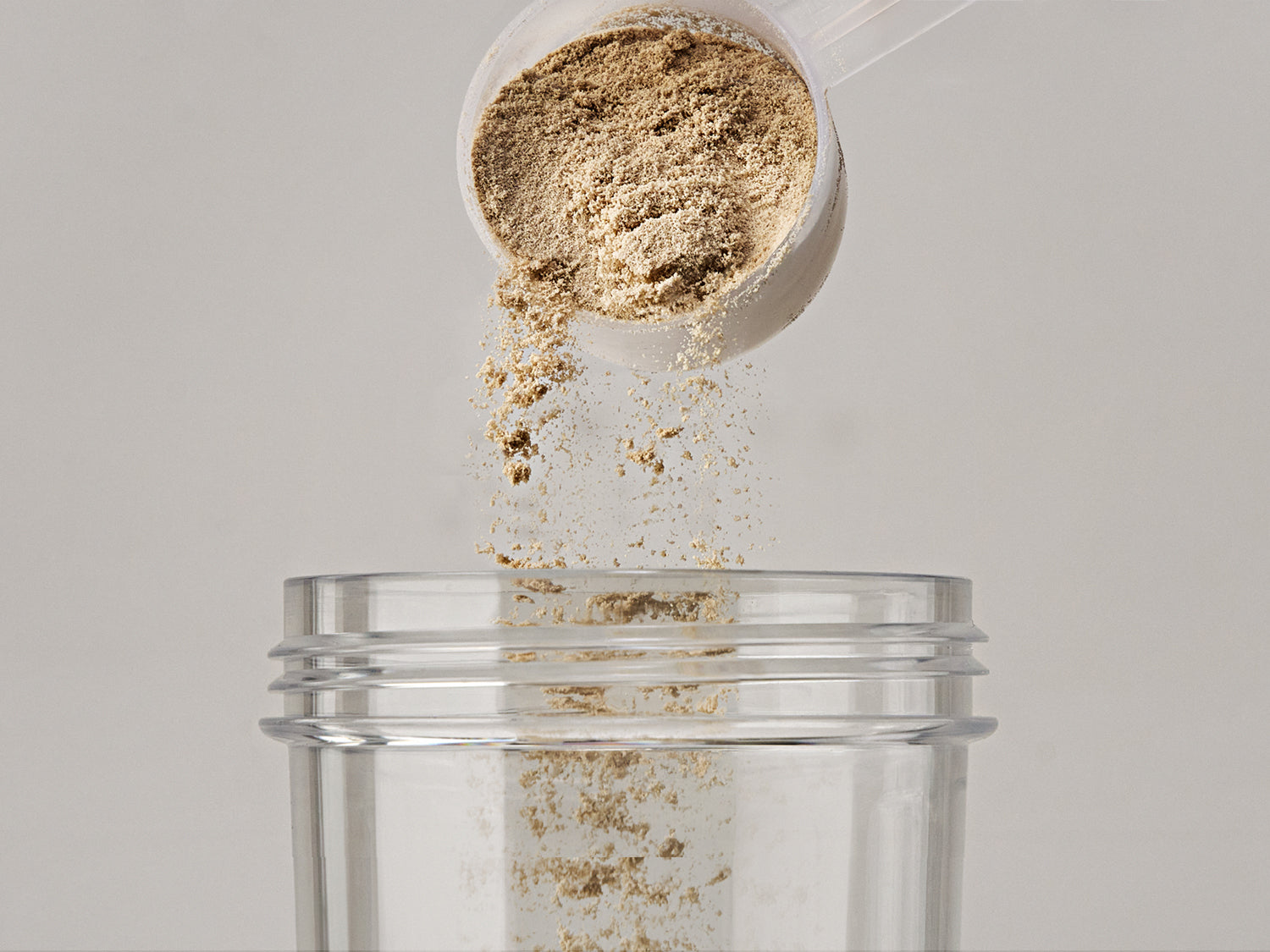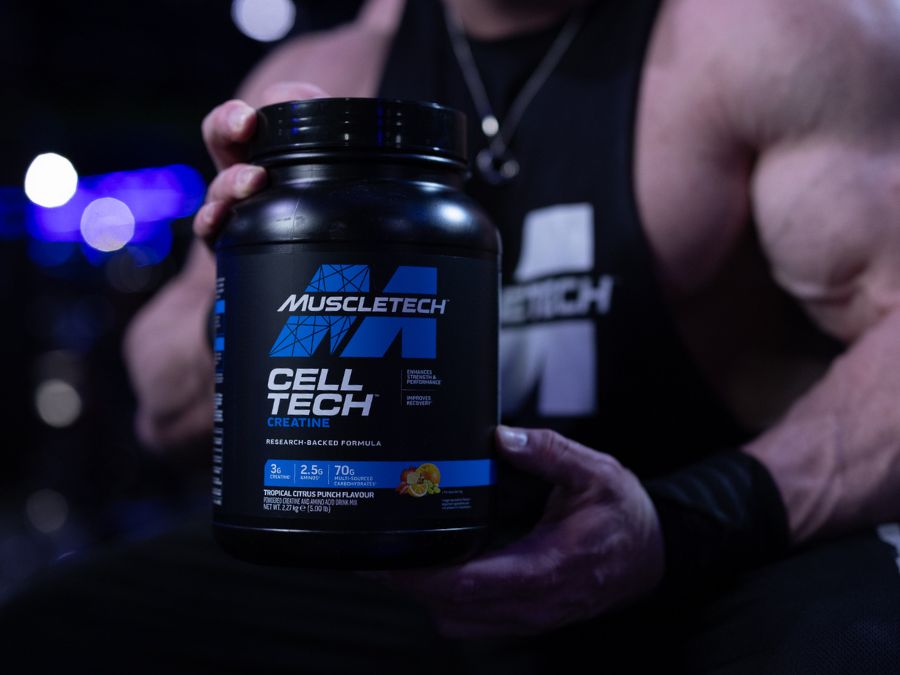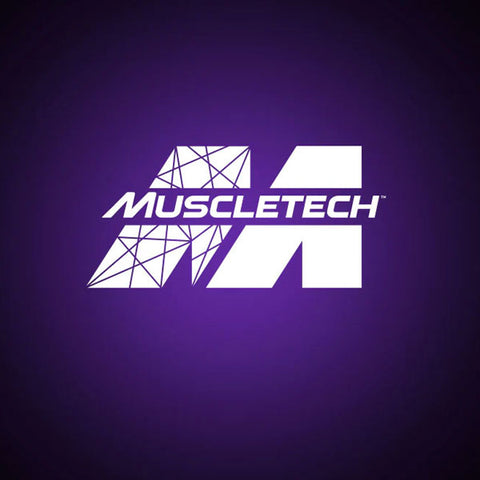The Bigger Question Though is - Why You Should Be Taking Creatine On Rest Days?
Elevate your recovery: Uncover the benefits of adding Creatine into your rest day routine.
So, you have gotten through several tough training sessions and have finally earned a rest day to recover and allow your body to adapt. But, you are still deciding whether or not to continue taking your creatine supplement since you won't be training on a rest day.
Creatine is one of the most effective supplements available today. It plays a crucial role in providing the body's muscles with the fuel they need to perform at the highest level.
By consuming creatine correctly, you can dramatically increase your training gains and decrease the time it takes you to reach your fitness goals.
In this article, we will end your uncertainty about rest day creatine supplementation and review the benefits of maintaining your routine throughout the week.
Should I Take Creatine on Rest Days?
If you want to maximize your progress in the gym, you should absolutely take your creatine supplements on your rest days.
The effectiveness of creatine depends on your ability to maximize the amount of creatine within your muscle cells. The average person with a typical amount of red meat intake will walk around with their creatine stores about 60-80% filled. (1)
This is fine for someone who exercises causally, but if you desire to optimize your strength gains and maximize your muscle mass, you will want your creatine stores to be as close to 100% complete as possible.
Doing so will maximize the amount of phosphocreatine, the storage form of creatine, in the muscle cell and allow for the largest possible production of adenosine triphosphate (ATP) for the next day's training session.
ATP is the body's energy currency and is used in the muscle to create muscle contractions. The more ATP you have, the more high-intensity contractions you can perform.
Also Read: When to Take Creatine: Dos and Don'ts
What are the Benefits of Taking Creatine?
Taking a high-quality creatine supplement can have a variety of positive effects on your training and your fitness goals. It may also have positive benefits beyond the gym, such as brain and bone health, which shows how beneficial the supplement can be. (1)
1. Improved Recovery
Creatine supplements such as MuscleTech's Creatine Bundle can play a significant role in your recovery from exercise between and within your session. Research has shown that using creatine consistently and with adequate dosing can protect against muscle damage associated with training. (1)
This decrease in muscle cell damage can help your muscles perform more work and need less time to recover before the next training session.
Taking creatine has also been shown to enhance muscle glycogen resynthesis. Glycogen is the storage form of carbohydrates in the muscle. (2)
This is important for you if you train because glycogen is the preferred fuel for high-intensity activities such as weightlifting and bodybuilding.
When glycogen stores drop, training performance also decreases. Thus, a creatine supplement and adequate carbohydrates in your diet on your rest days can be a powerful combination to prepare you for the next training day.
Also Read: What Foods Contain Creatine? Full Guide
2. Improved Muscle Mass
Taking creatine supplements daily, even on rest days, can impact muscle growth in several ways. For starters, maintaining phosphocreatine stores maximizes the amount of work that can be done in the gym.
What this looks like in practice is being able to perform 1-2 more reps of an exercise than you usually would have, creating more muscle damage and muscle tension, which stimulates increases in muscle mass and strength.
Creatine also impacts satellite cells, which are the precursors to muscle hypertrophy (muscle building). (3) With adequate creatine levels in the body, the activity of satellite cells increases, leading to more hypertrophy from your training. (3)
Also Read: Should I Load Creatine or Not?
3. Improved Strength Gains
Much like creatine's effect on muscle mass, its impact on strength levels is primarily related to its ability to maximize the production of ATP due to increased phosphocreatine in the muscle. (1)
The best way to build strength is by regularly lifting heavy weights explosively. Creatine supplementation directly benefits your ability to perform high-intensity and explosive activities (1).
Thus, the more of it you can keep in your muscle tissue, even on rest days, the more heavy lifting you can perform and the stronger you can become.
Also Read: Does Creatine Make You Gain Weight?
Best Way to Supplement With Creatine On Rest Days
Shop for Protein Powder with Creatine
Based on the research, the best way to take creatine is to go through a loading phase to thoroughly saturate your muscle with creatine and reach performance-enhancing levels as soon as possible.
Typically, a loading phase for creatine will include taking 20-25g of creatine for 5-7 days. So, if you are starting or in the middle of your loading phase, you will continue to supplement, regardless of whether it is a training day or a rest day. (1)
If you are past the loading phase, you will drop to 3-5 grams daily, including rest days, to keep your creatine stores fully topped off for the next training day. (1)
Also Read: What Does Creatine Do for Women?
How To Take Creatine On Rest Days
As mentioned above, taking 20-25g of creatine daily or 3-5 grams daily is best, depending on whether you are in your loading or maintenance phases. (1)
But, if you want to maximize the effects of creatine even more on your rest days (as well as on your training days), you can supplement with a carbohydrate source. (4)
A great way to do so is through MuscleTech's Cell-Tech supplement which blends high-quality creatine monohydrate and carbohydrates.
Taking creatine with a carbohydrate source has increased phosphocreatine storage and retention, ensuring optimal storage for the next training session. (4)
It is also essential to stay hydrated throughout the day. Creatine pulls water into your muscle cells, so aim for 8-10 glasses of water per day.
Also Read: Best Creatine for Women [Top 5 Products]
Final Thoughts Rest Day Creatine Intake
Ultimately, getting the most out of your creatine supplement requires ensuring that your muscles are flooded with as much of it as possible.
Doing so will help your body have ample ATP to train hard in the gym and enhance muscle mass and strength gains. Many people believe you needn't ingest creatine outside of actual training days because you are lifting weights on a rest day.
However, this is not the case since creatine stores are used for various other daily activities and can drop below 100% saturation. Leaving you with a less ideal saturation level for when you do step foot inside the gym.
By maintaining your supplementation throughout the week by using either a powdered form such as MuscleTech's Cell-Tech, Platinum 100% Creatine, or through Platinum Creatine Capsules, even on rest days, you can ensure you are topped off and ready to train.
References:
- Kreider, R. B., Kalman, D. S., Antonio, J., Ziegenfuss, T. N., Wildman, R., Collins, R., Candow, D. G., Kleiner, S. M., Almada, A. L., & Lopez, H. L. (2017). International Society of Sports Nutrition position stand: safety and efficacy of creatine supplementation in exercise, sport, and medicine. Journal of the International Society of Sports Nutrition, 14, 18. https://doi.org/10.1186/s12970-017-0173-z
- Burke, L. M., van Loon, L. J. C., & Hawley, J. A. (2017). Postexercise muscle glycogen resynthesis in humans. Journal of applied physiology (Bethesda, Md. : 1985), 122(5), 1055–1067. https://doi.org/10.1152/japplphysiol.00860.2016
- Dangott, B., Schultz, E., & Mozdziak, P. E. (2000). Dietary creatine monohydrate supplementation increases satellite cell mitotic activity during compensatory hypertrophy. International journal of sports medicine, 21(1), 13–16. https://doi.org/10.1055/s-2000-8848
- Hall, M., Manetta, E., & Tupper, K. (2021). Creatine Supplementation: An Update. Current sports medicine reports, 20(7), 338–344. https://doi.org/10.1249/JSR.0000000000000863




